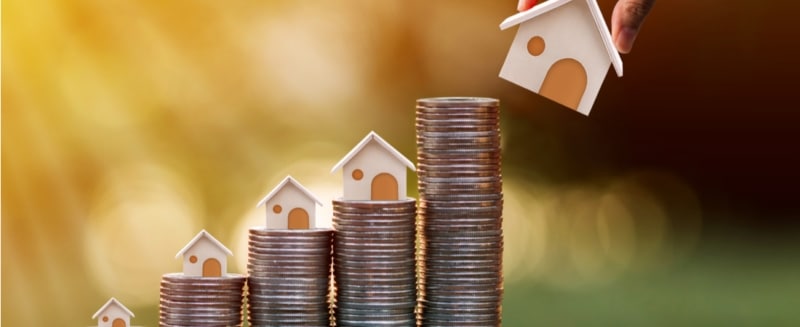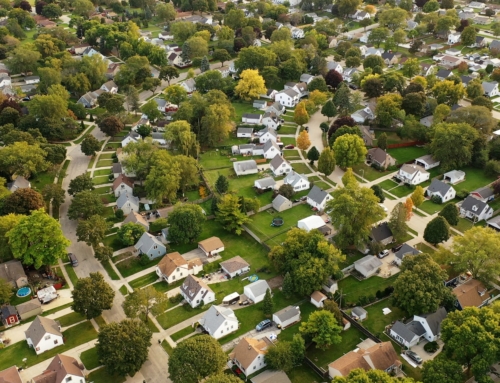If you want to buy a building, then you should check out these five ways to successfully invest in real estate.
Home buyers and real estate investors have been in a good mood for years, since around 2007, when the housing crisis began.
And why not? Historic low interest rates combined with home values that have dropped off anywhere from 30 to 60 percent are a potent combination.
But you know the tide is turning when home owners and sellers are finding something about the real estate market that makes them happy. In this case, rising home prices and still-low mortgage interest rates have meant distressed property is getting sucked up in waves, establishing a floor against which future real estate appreciation will be measured.
In other words, we’re finally at the tipping point, a place where interest in real estate has overwhelmed demand.
But that doesn’t mean there isn’t room for would-be investors to buy and hold real estate for the long run. And, no, you haven’t missed the bottom. Here are five ways to successfully invest in real estate:
1. Look for properties where you can build in value. Ilyce recently published a story on her MoneyWatch blog about properties you can purchase for $40,000, or about the price of a luxury car. These homes aren’t necessarily in move-in condition, but they’re not falling down either.
The goal is to find property that cost less than everything else in the neighborhood – even after you make the required repairs. In other words, let’s say you purchase a home for $100,000, when everything else in the neighborhood that’s not a distressed property (i.e. foreclosure or short sale) is priced at $200,000. Your property needs, let’s say, $60,000 worth of work. When you add that amount to the purchase price, you are still winding up with a property that has some sort of profit margin. You can either flip it or hold for the long run, renting out the property to pay expenses and generate positive cash flow.
2. Buy a multi-unit property. We’ve known dozens (maybe hundreds) of folks who have bought multi-unit properties over the years, lived in one of the units and use the remaining units to defray their cost of living and leverage their investment.
How does it work? Let’s say you buy a four-unit building for $500,000. Each unit has 2 bedrooms and 2 bathrooms. If you live in one of the units, that allows you to rent out the other three apartments. If each of them brings in $1,500 per month, that’s $4,500 per month in income the property is generating, or $54,000 per year. The property may have $10,000 in real estate taxes, which leaves you with $44,000 to put toward the mortgage. That amount will certainly cover the mortgage and any upkeep the property requires.
Again, the goal is to find real estate that will allow you to maximize the leverage on your investment. If you could only afford to spend $150,000 on a single family property, but can actually afford a $450,000 property that generates some income, you might be better off buying the larger property. On a net basis, you might make more money than with a single family property appreciating at the same rate, and you might have bigger tax deductions and tax benefits over time.
3. Own a small business? Buy your building rather than renting an office. If your business is relatively steady and profitable, you might want to look into buying a building that you can use as an office rather than moving to rent a bigger office.
By purchasing a building, you’ll be able to use your rent to pay down your mortgage and build equity in the property. Your accountant might even suggest that you own the building personally and have the company sign a lease renting it from you to maximize tax opportunities. If you are growing, you can purchase a bigger property than you might need now, and rent out the other part of the building until you are ready to move into it. If your business outgrows the entire property, you can then rent it to someone else.
There are plenty of ways to profit from the purchase of investment real estate. But the time to buy may be now, when interest rates are at historic lows and real estate values have come way down off their highs.
For real estate investing basics, check out my new webinar series, “Intentional Investor: How to be Wildly Successful in Real Estate.”







Leave A Comment